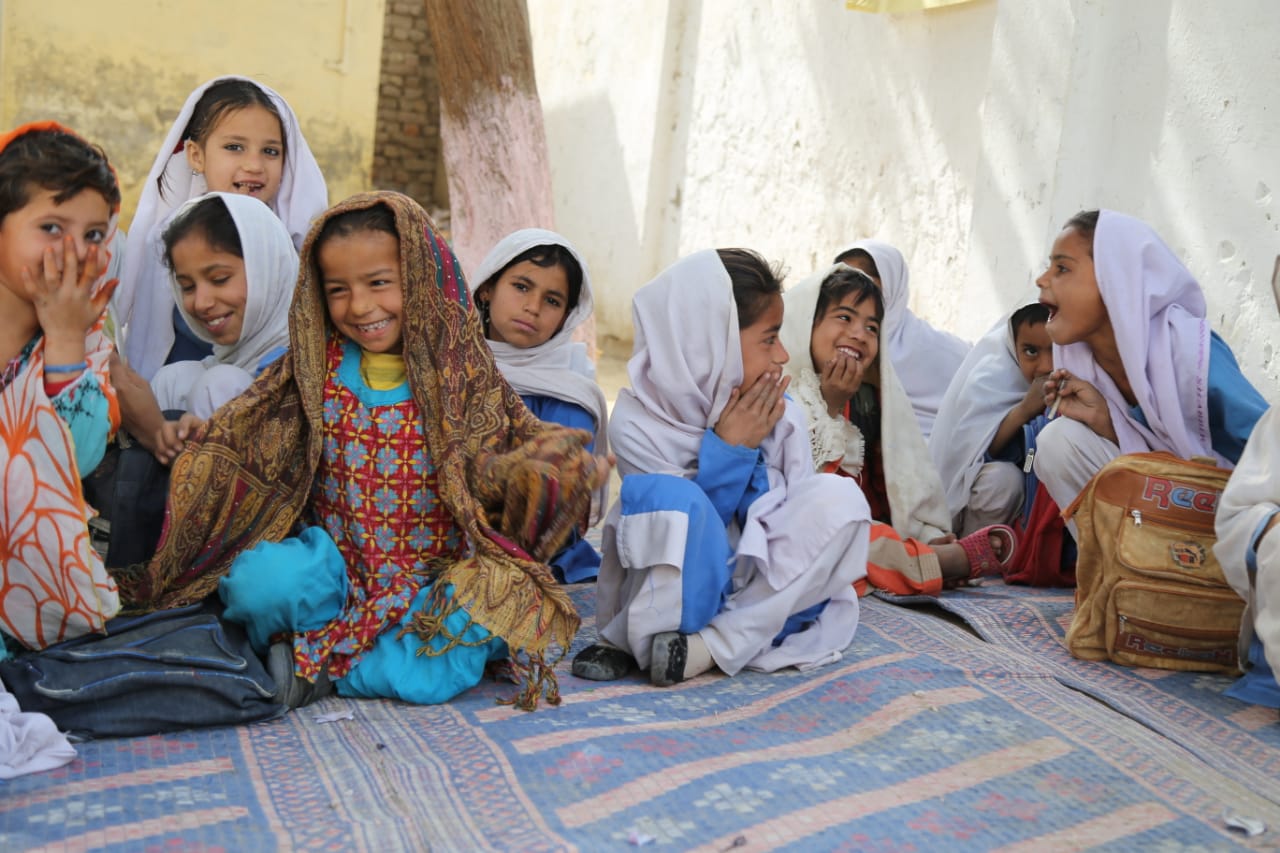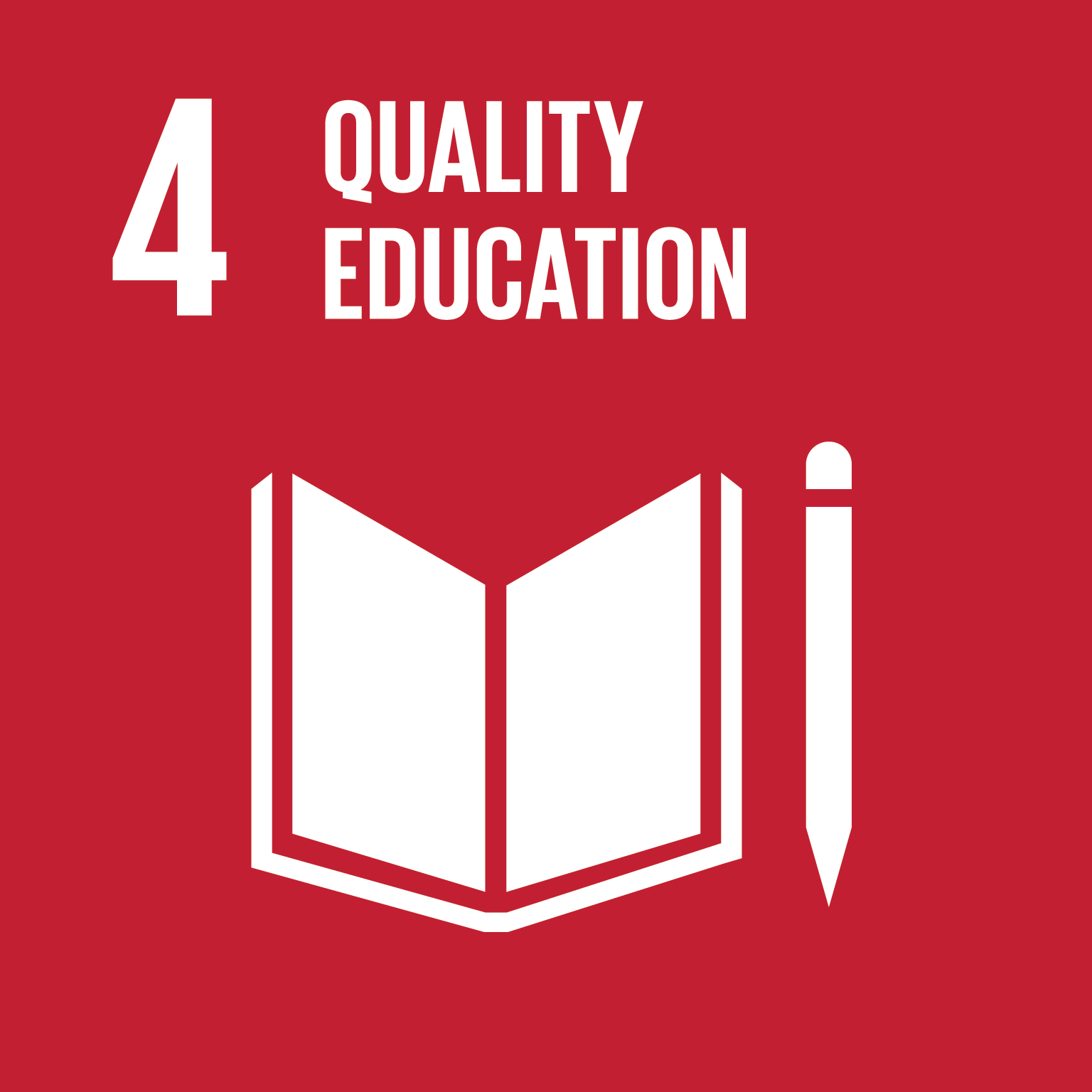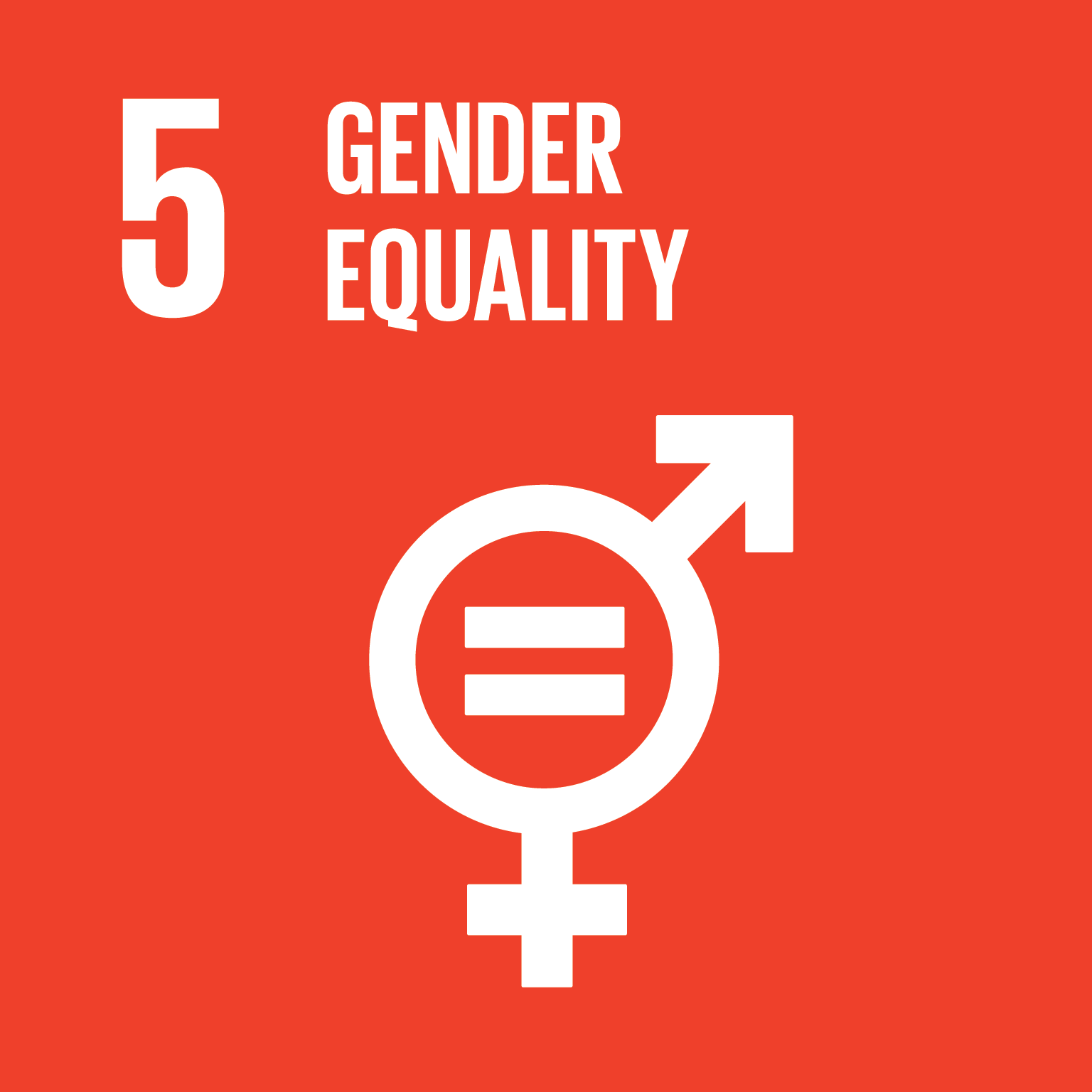The status of girls’ education in the rural areas of Balochistan province in Pakistan is alarmingly low from the perspective of access, enrollment, retention and quality in the schools.

The status of girls’ education in the rural areas of Balochistan province in Pakistan is alarmingly low from the perspective of access, enrollment, retention and quality in the schools. The successive provincial and federal governments have devised education development strategies through various education policies and practices to achieve the targets of Education for All (EFA) and gender equality in schools. The provincial and national targets were previously aligned with the United Nations Millennium Development Goals (UN MDGs), and now with the UN SDGs, as well as the framework of action agreed in the Incheon Declaration by all the member countries to achieve MDG 4 by 2030.Various donors and international organizations have been actively supporting, technically and financially, the national education system of Pakistan. National education policy (NEP) 1998-2010 was reviewed in 2005 on the pretext of its failure to achieving the desired results and its drifting away from the global development goals. The current NEP was formulated in 2009, which devolved education completely to the provinces and the latter were responsible to make implementation plans at the provincial levels. However, the current data shows, after around ten years of NEP 2009 and completion of Balochistan Education Sector Plan (BESP) 2013-18, there is hardly any significant progress in girls’ enrolment and retention in the schools in rural areas of Balochistan. Therefore, this research project investigates NEP 2009 and BESP 2013-18, which were not so effective to achieve the targets of gender equity and parity in rural schools of the province.

Project timeline: 2018 - 2022
Key contributors: Javed Anwar, Emily Gray and Elise Hunkin





